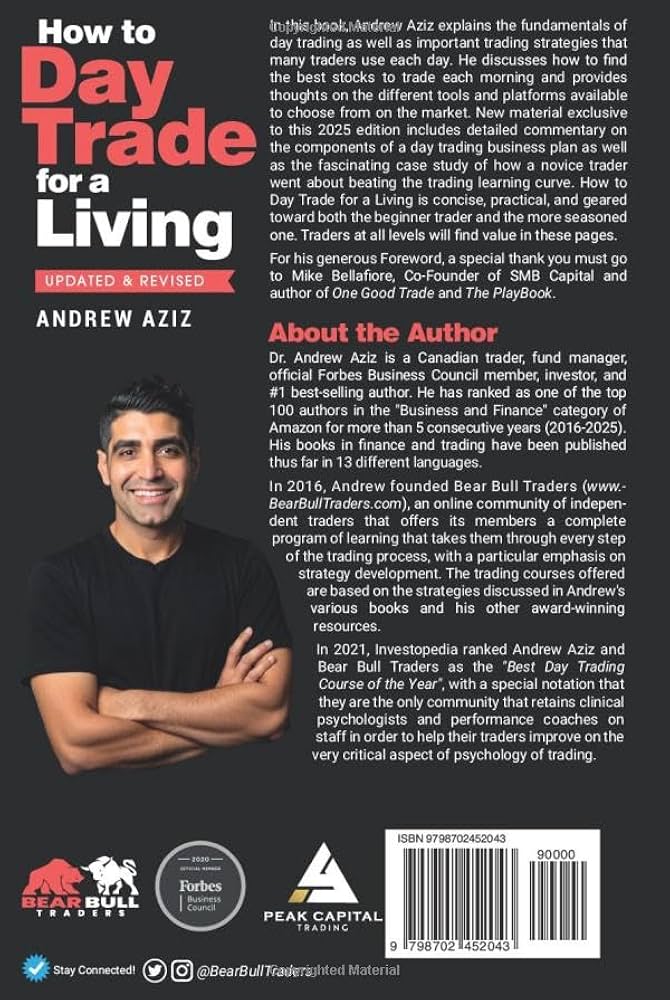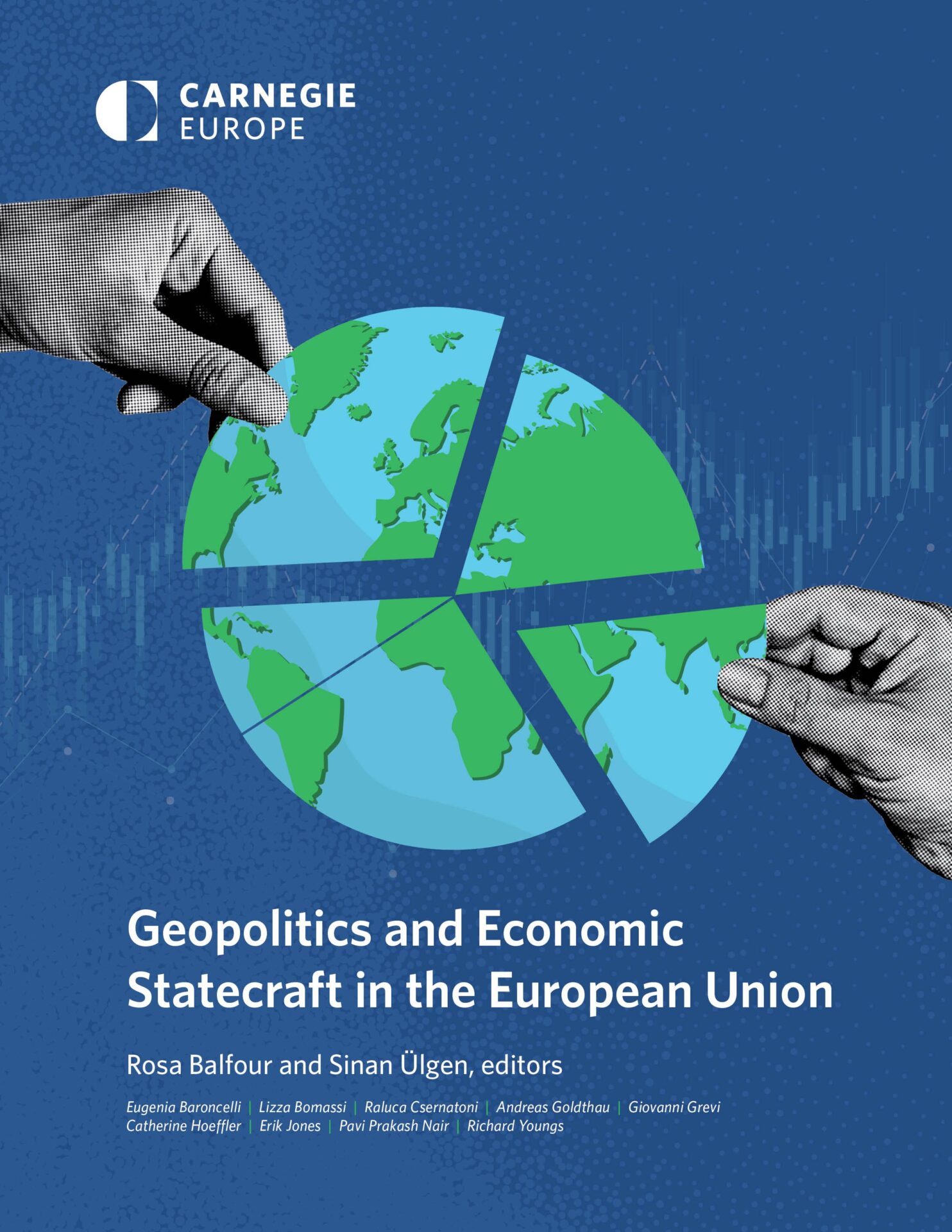Did you know that trading with insufficient capital is like trying to swim with a brick in your pocket? In our latest article, we dive into the crucial risks of trading with limited funds. We explore how insufficient capital can lead to increased trading losses, higher risks, and emotional mistakes. Discover the impact on leverage, risk management strategies, and the likelihood of margin calls. We also address the dangers of overtrading, lack of diversification, and how low capital can undermine trading discipline. Finally, we provide practical tips for traders looking to protect themselves from significant losses. Join us at DayTradingBusiness to learn how to navigate these challenges effectively!
What are the main risks of trading with limited capital?
Trading with limited capital increases the risk of rapid losses and margin calls. It limits your ability to diversify, making you vulnerable to significant swings. Small accounts often lead to overleveraging, which amplifies losses. You may struggle to withstand prolonged losing streaks, risking your entire investment quickly. Limited capital also reduces your capacity to recover after setbacks, increasing the chance of losing all your funds faster.
How does insufficient capital increase trading losses?
Insufficient capital limits your ability to absorb losses, causing small dips to wipe out your account quickly. Without enough funds, you can’t withstand market volatility, leading to forced liquidations or poor risk management. This amplifies losses because you’re more likely to hold onto losing trades too long or take bigger risks to recover. Essentially, low capital reduces your buffer, turning small setbacks into major financial hits.
Can small trading accounts lead to higher risk?
Yes, small trading accounts amplify risk because they have less buffer for market fluctuations, making it easier to wipe out funds quickly. Limited capital means smaller positions, which can lead to higher leverage use, increasing the chance of significant losses. Traders with small accounts often take bigger risks to grow their funds, but this can backfire if the market moves against them.
What is the impact of low capital on leverage use?
Low capital limits your leverage options, forcing you to take smaller positions and reducing potential gains. It increases the risk of margin calls and rapid account depletion if trades go against you. Without enough capital, you can’t effectively manage risk, making trading more volatile and potentially leading to bigger losses.
How does limited capital affect risk management strategies?
Limited capital restricts position sizes, forcing traders to take smaller trades, which can limit profit potential. It also increases vulnerability to margin calls and sudden market moves, making risk management harder. With less capital, traders can’t diversify or set wide stop-losses, increasing the chance of significant losses. Overall, insufficient capital forces risk strategies to be more conservative, but it also amplifies financial stress and reduces flexibility.
What are the chances of margin calls with little trading capital?
With little trading capital, the chances of margin calls increase significantly. If the market moves against your position, you’re more likely to hit the maintenance margin level quickly. This means your broker will require you to deposit more funds or close your positions to cover losses. Small accounts can't absorb large swings, making margin calls frequent and risking rapid account depletion.
Does insufficient capital lead to emotional trading mistakes?
![]()
Yes, insufficient capital often causes emotional trading mistakes. Traders with limited funds feel more pressure to make quick gains, leading to impulsive decisions and risky moves. They may panic sell during downturns or overtrade trying to recover losses, driven by fear and frustration. This emotional stress clouds judgment and increases the likelihood of costly errors.
How does trading with low capital impact diversification?
Trading with low capital limits your ability to diversify across multiple assets, increasing exposure to risk. With fewer funds, you often concentrate your investments in a few trades, making losses more impactful. Lack of diversification means your portfolio can't spread out risk, so a single poor trade can wipe out a significant portion of your capital. This heightened concentration amplifies volatility and reduces your chances of weathering market swings.
What are the liquidity risks of trading with small funds?
Trading with small funds increases liquidity risk because you can't easily sell assets without impacting the market price, making it hard to exit positions quickly. Limited capital means fewer options to absorb market swings, leading to higher chances of being stuck in losing trades. Small accounts often lack enough funds to meet margin calls or withstand volatility, risking forced liquidation. This makes managing trades tougher, and you may miss opportunities or incur bigger losses if liquidity dries up.
Can inadequate capital cause overtrading?
Yes, inadequate capital can cause overtrading because traders may take excessive positions to compensate for limited funds, increasing risk and potentially leading to losses. When capital is low, traders might overextend themselves, trying to maximize gains with insufficient resources, which is a key risk of overtrading.
How does insufficient capital affect trading discipline?

Insufficient capital makes it harder to stick to trading plans because losses hit harder and cause emotional stress. Traders with limited funds often take impulsive, risky trades to try to recover losses, undermining discipline. It also forces smaller position sizes, which can lead to overtrading or abandoning risk management rules. Overall, lack of capital increases the temptation to deviate from disciplined strategies, raising the risk of significant losses.
What are the long-term risks of trading without enough capital?
Trading with insufficient capital risks margin calls, forced liquidations, and larger-than-expected losses that wipe out your account. It increases the chance of emotional trading, leading to poor decisions. You can’t withstand market swings, which may cause rapid account depletion. Overtrading becomes tempting, risking even more losses. Ultimately, it can ruin your trading career and financial stability.
Does low capital trading increase the risk of account wipeout?
Yes, low capital trading increases the risk of account wipeout because smaller accounts have less buffer against losses, making it easier to hit margin calls or blow out the account quickly.
What are the disadvantages of trading with limited funds?
Trading with limited funds increases the risk of rapid losses and margin calls. It restricts your ability to diversify, leading to higher exposure to market swings. Small account sizes often mean wider spreads and higher transaction costs relative to your capital. Limited funds can force you to take impulsive trades, risking emotional decisions. You have less buffer to withstand volatility, making your account more vulnerable to sudden market moves. Ultimately, it hampers long-term growth and can wipe out your investment quickly.
How can traders with small capital protect themselves from big losses?
Traders with small capital should use tight stop-loss orders to limit potential losses and avoid risking more than 1-2% of their account on a single trade. They should focus on highly liquid, low-volatility assets to reduce unexpected swings. Proper risk management and position sizing prevent big losses from small capital. Avoid over-leveraging, which amplifies losses, and start with a demo account to test strategies without real risk. Keep emotions in check and trade only setups with a favorable risk-reward ratio to protect small capital from devastating losses.
Learn about How to Protect Your Capital from Day Trading Risks
Conclusion about Risks of Trading with Insufficient Capital

Trading with insufficient capital presents significant risks that can jeopardize your financial health and trading success. Limited funds can lead to increased losses, a higher likelihood of margin calls, and emotional trading mistakes. Additionally, inadequate capital restricts diversification and complicates effective risk management strategies, ultimately heightening the risk of account wipeout. To navigate these challenges, traders must prioritize discipline and adopt protective measures. By understanding these risks, you can make informed decisions and improve your trading approach. For further insights and strategies, DayTradingBusiness is here to guide you.